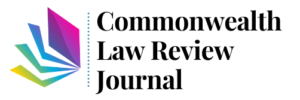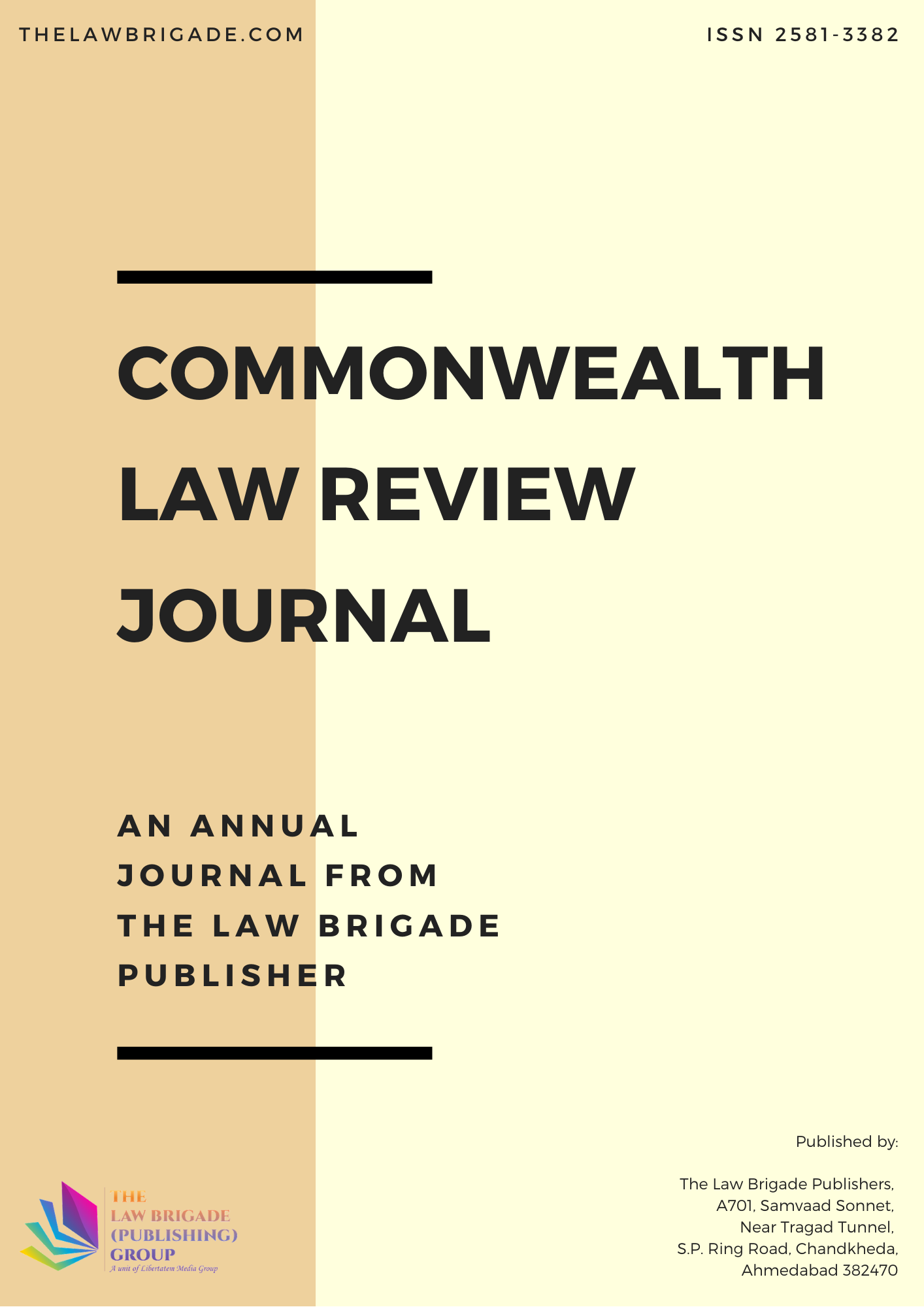The Companies and Allied Matters Act, 2020[i] came with innovations aimed at opening up the Nigerian corporate space, boost the Federal Government’s Economic Recovery and Growth Plan with a view to launching Nigeria into top 70 economies by 2023. One of such provisions is s. 303 which is an improvement on s. 277 of CAMA 2004. The section regulates self-dealing by directors. This paper set out to discover what differentiates s. 303 from s. 277 of CAMA 2004 and if it could achieve the envisaged utopian ambition within existing regulatory and inhibiting factors which contributed to the abysmal performance of s. 277. The paper is non empirical, library based and adopted a doctrinal approach. The paper exposed normative and other factors which impeded the success of s. 277 thereby rendering the system vulnerable to directors’ Machiavellian manipulations. The paper found ineffective regulatory systems, archaic justice delivery system which snails justice dispensation and lack of deterring sanctions as some of the factors which impeded the success of s. 277. It concluded that these factors still exist in Nigeria and are likely to stymie s. 303 thereby hindering its effectiveness. The paper therefore prescribed short prison terms, restitutive penalties and the need to grant financial autonomy to the Nigerian judiciary to enhance modernisation of courts as a way out of the present quagmire.
[i]Hereinafter referred to as CAMA 2020





